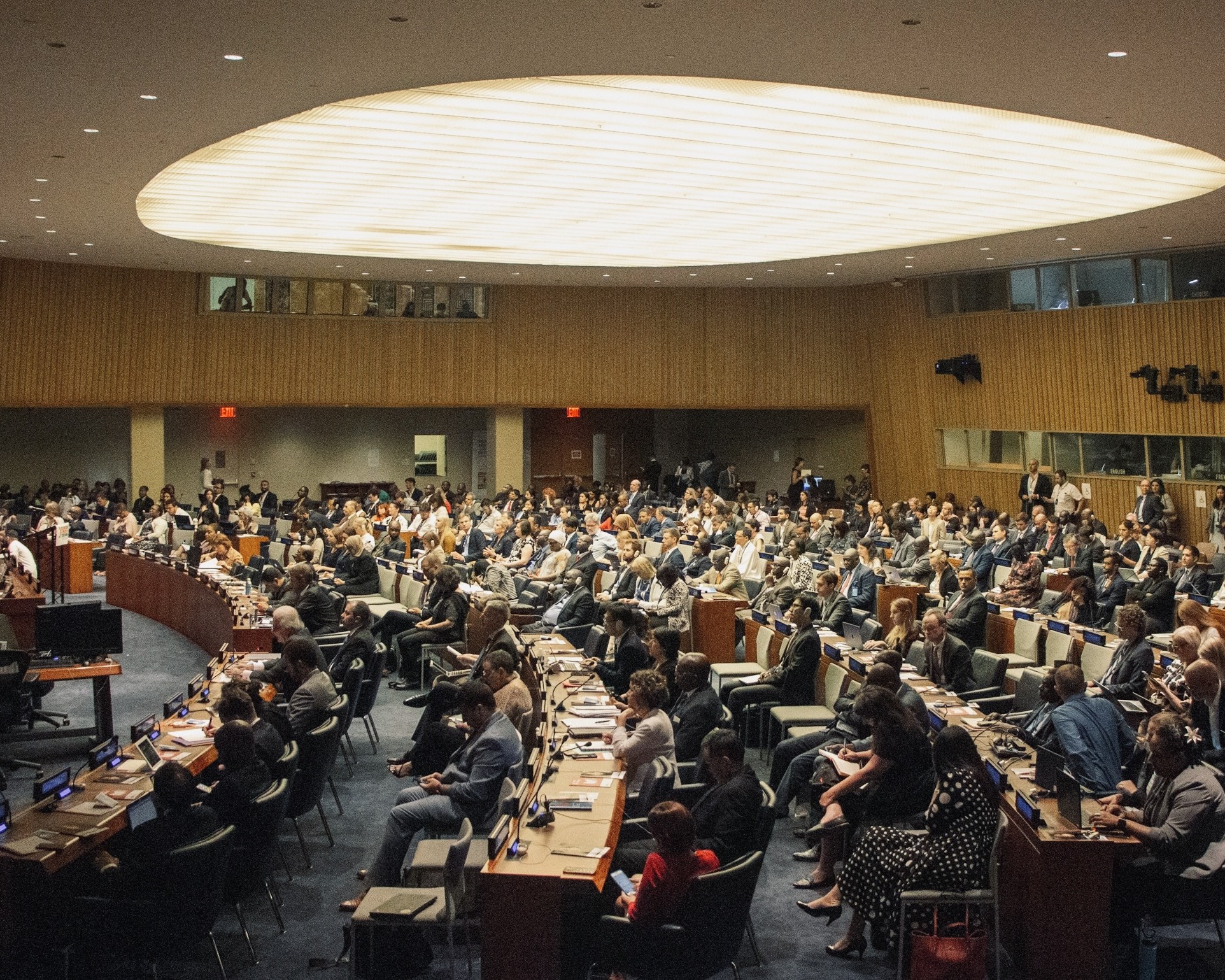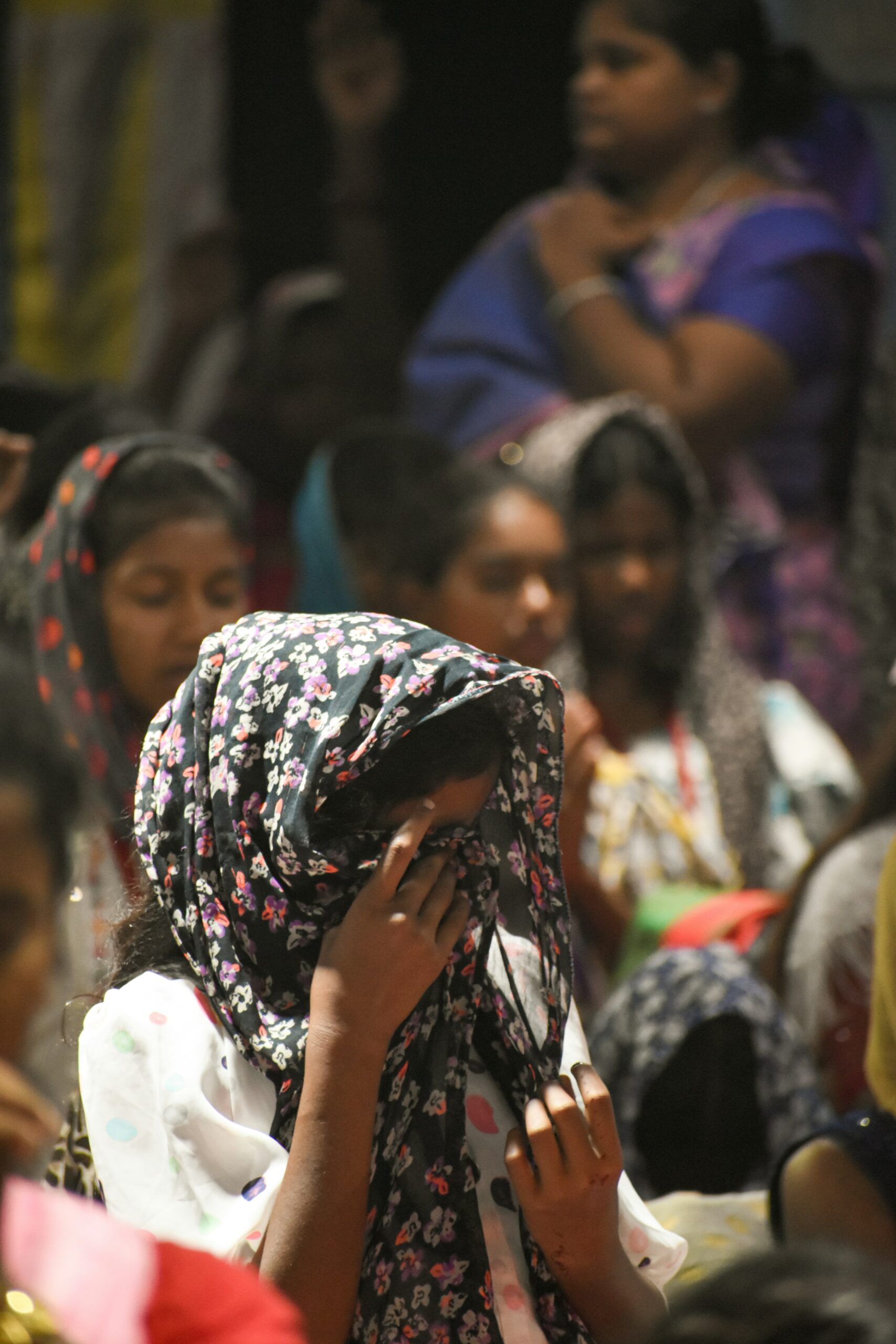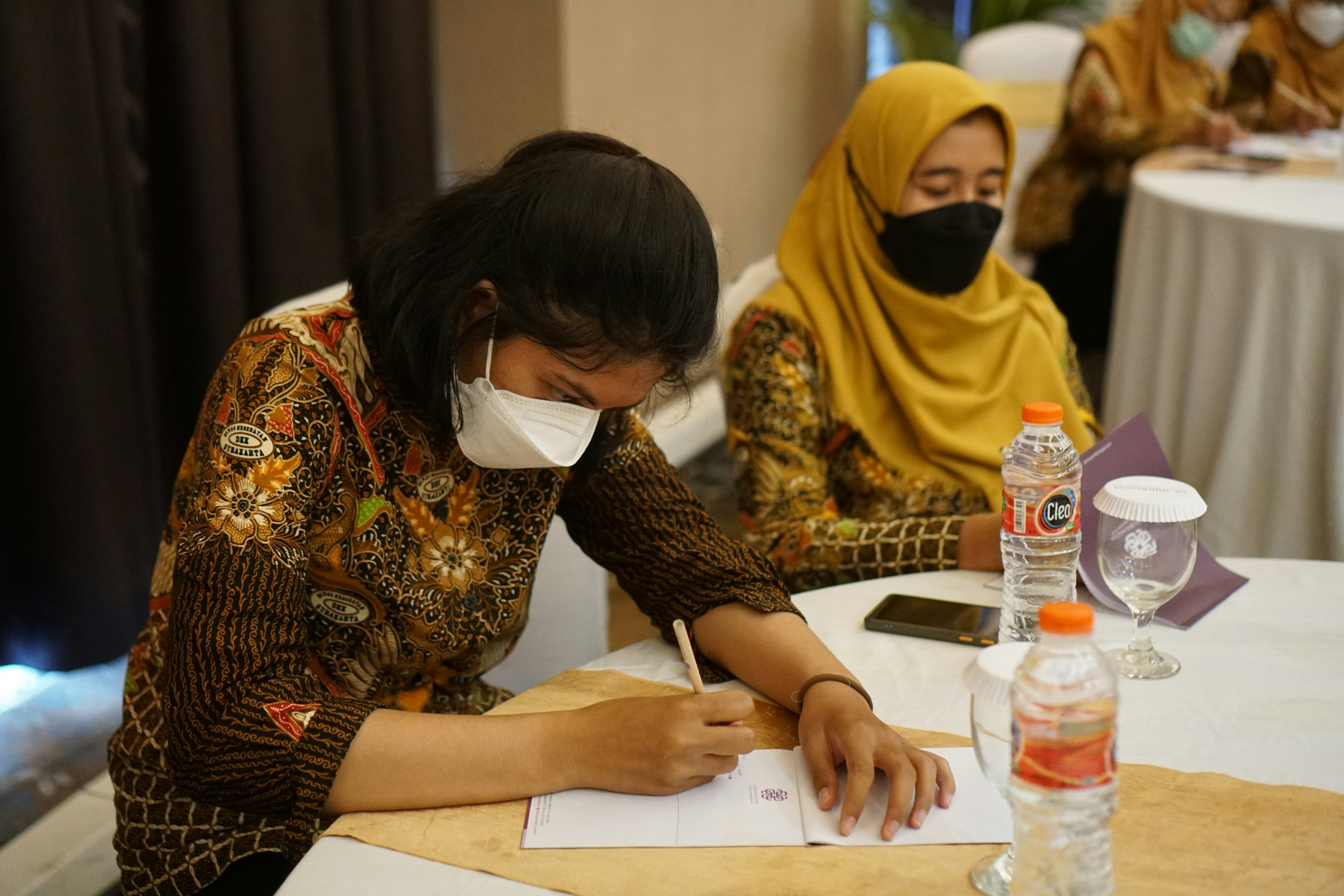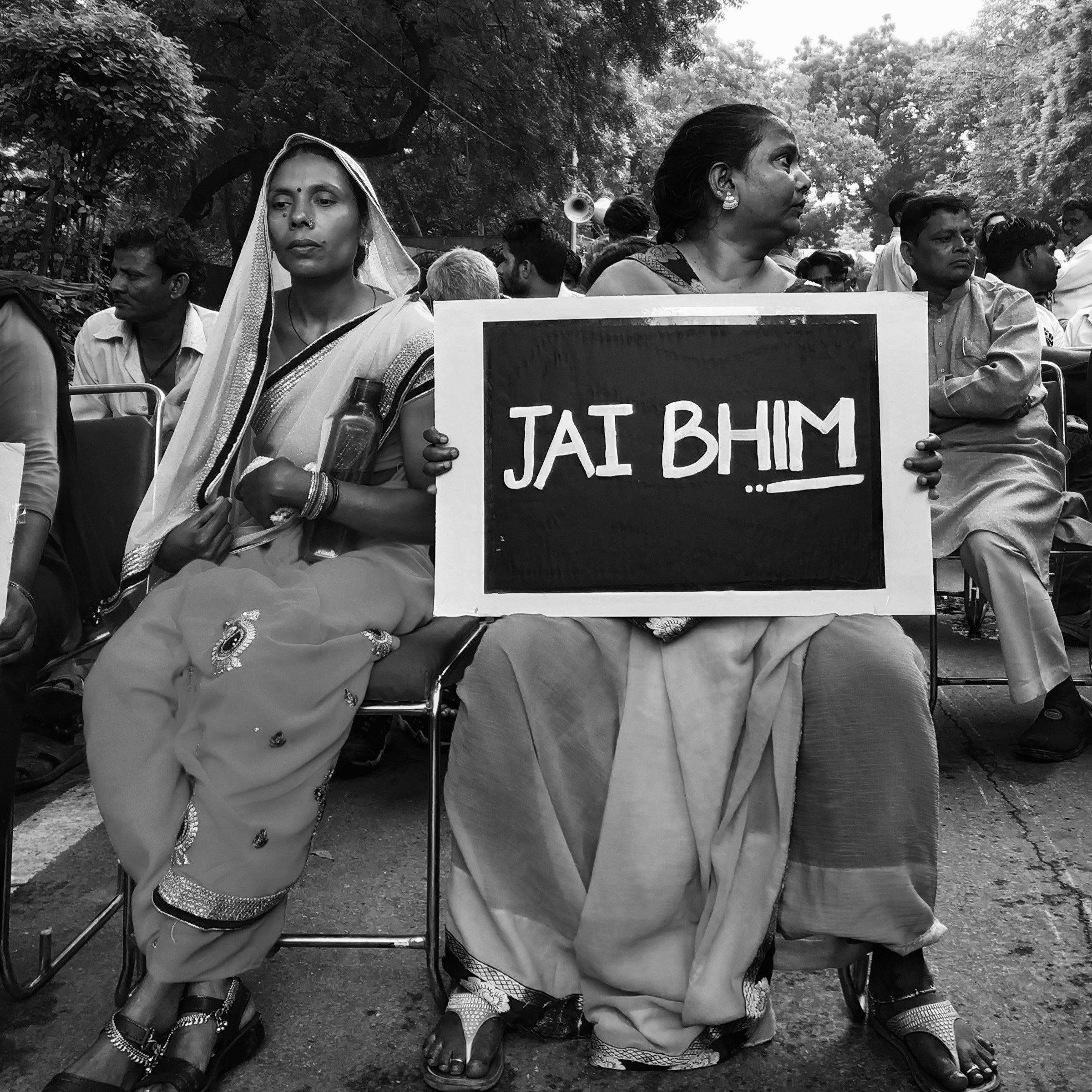Lobbying has existed as long as governance has. In recent years, the role of lobbying in global governance has come under growing scrutiny. While often associated with corporate influence and opaque negotiations, lobbying is also a mechanism through which marginalized voices; particularly from the Global South, can gain access to decision-making spaces historically dominated by northern states and institutions. In this context, the idea of ethical lobbying has begun to take shape as a response to the need for more transparent, equitable, and justice-oriented advocacy practices.
Ethical lobbying refers to influence strategies grounded in accountability, inclusivity, and solidarity. Unlike traditional forms of interest-based lobbying, ethical lobbying is guided by principles such as evidence-based communication, respect for self-determination, and the prioritization of historically excluded communities. It involves supporting civil society actors, grassroots movements, and issue-based coalitions in articulating their positions before national governments and international organizations not for commercial gain, but to promote rights-based policy reform. This approach draws on global standards such as the UN Guiding Principles on Business and Human Rights, which recognize the importance of stakeholder engagement, as well as emerging frameworks on participatory multilateralism.
The OECD’s 2021 report Lobbying in the 21st Century: Transparency, Integrity and Access presents a robust framework intended to uphold democratic integrity and regulate the influence of lobbying. While these principles are valuable, they often fall short in addressing the realities and power dynamics experienced by underrepresented Global South actors. This section critically examines the OECD’s key lobbying principles – transparency, integrity, and access – to highlight their limitations and suggest reforms toward more equitable global influence systems.
The OECD’s 2021 report Lobbying in the 21st Century: Transparency, Integrity and Access sets out principles intended to regulate lobbying while safeguarding democratic integrity. While valuable, these principles often fall short when measured against the realities of underrepresented Global South actors. Transparency, for example, is promoted through legislative footprints, lobbyist registers, and disclosures of lobbying activities. Yet implementation is uneven: by 2020, only 23 of 41 surveyed countries had operational registers, many of which excluded foreign or subnational actors. Grassroots coalitions, academic advisors, and diaspora groups. Key participants in Global South advocacy are frequently overlooked. As the OECD itself acknowledges, “Transparency is not just about disclosure; it’s about ensuring that disclosures meaningfully reflect the actors shaping public policy” (OECD, 2021).
Similarly, integrity is inadequately regulated. Codes of conduct and post-employment “cooling-off” periods exist but are often voluntary or weakly enforced. In states with limited institutional capacity, safeguards are present only on paper. This vacuum is particularly dangerous in transitional or postcolonial democracies, where elite networks can capture policymaking. In India, for instance, the absence of a unified lobbying regulation allows corporate actors, particularly in extractive industries, disproportionate access to ministers and regulators.
Access is also framed as a democratic principle, but without adequate resourcing, it reinforces inequity. Industry associations benefit from legal teams and full-time lobbyists, while community-based organizations often struggle to fund even minimal participation. Consultation is frequently delayed until the final stages of policymaking, limiting the ability of grassroots voices to influence agenda-setting. Marginalized actors such as; Indigenous movements, feminist coalitions, youth climate activists are structurally excluded, even in participatory frameworks. As the OECD notes, “The question is not whether all stakeholders are invited, but whether all stakeholders are empowered” (OECD, 2021).
Digital lobbying, including social media campaigns, influencer contracts, and algorithmic targeting, is on the rise, yet only a handful of countries require disclosure of such activities. Similarly, foreign government lobbying remains underregulated: only Australia, Canada, the U.S., and the EU maintain formal registers. Enforcement is also weak. Although the OECD calls for routine audits of lobbying practices, these typically occur only after scandals. Transparency International (2021) argues that credibility requires mandatory registers, public expenditure disclosures, and unique lobbyist identifiers, none of which are consistently enforced.
For lobbying to serve justice rather than entrenched power, transparency must be inclusive, covering grassroots, diaspora, and youth-led coalitions. Integrity must be binding, with independent oversight mechanisms strong enough to withstand elite capture. Access must be resourced, enabling underrepresented communities to co-shape rather than merely comment on policy. While it is challenging to police something as subjective as “integrity,” quantifiable standards are possible. When human, environmental, or planetary life is at stake, a higher ethical standard must guide lobbying practices.
Implications for Ethical Advocacy
For ethical lobbying to serve the interests of justice:
- Transparency must be inclusive, expanding beyond formal actors to encompass grassroots, diaspora, and youth-led coalitions.
- Integrity mechanisms must be binding, with oversight designed to withstand elite co-option.
- Access must be accompanied by capacity-building, enabling communities to co-shape, not just comment on – policy.
While the OECD’s principles provide a necessary starting point, their real-world impact depends on inclusive definitions, enforceable standards, and an understanding of the political asymmetries that define advocacy in the Global South. True lobbying integrity must center justice – not merely regulate power.
While it may be challenging to police something as widely seen to be subjective as integrity, there must be quantifiable standards for the methods and applications of lobbying. When human, environmental, or planetary life hangs in the balance, it is inarguable that a higher standard is obeyed for its modus operandi.
This approach is particularly relevant in international forums such as the UN Human Rights Council, the Commission on the Status of Women, and the UN Framework Convention on Climate Change (UNFCCC), where access remains highly uneven. For example, despite being one of the most climate-vulnerable countries in the world, Bangladesh faces barriers to equitable representation in UNFCCC processes due to resource constraints and the technocratic nature of negotiations.
Similarly, Dalit and Adivasi organizations in India have long advocated for caste-based discrimination to be recognized under international racial justice frameworks such as the International Convention on the Elimination of All Forms of Racial Discrimination (ICERD) with limited traction. In Haiti, regional anti-Haitian racism and colorism remain underexamined in formal intergovernmental mechanisms despite documentation by civil society groups.
In these contexts, ethical lobbying can serve as a vital bridge. Not by simply speaking on behalf of affected groups, but by ensuring that voices are heard, resourced, and positioned to represent themselves. While evidence-based technocratic policymaking can enhance effectiveness, it risks sidelining citizen voice, transparency, and political accountability. There is an immediate need for inclusive, deliberative processes that balance technical expertise with democratic legitimacy – especially in aid-dependent or fragile contexts. As international institutions increasingly call for inclusive and participatory policymaking, it becomes essential to understand how ethical lobbying can support Global South actors in navigating and transforming global governance spaces from the inside out. If there is any hope of lobbying being seen and treated as a natural and necessary element of the democratic process, it must be entrenched in a standard and mandatory level of decorum and bona fide intent.
Featured image: Credit: Matthew TenBruggencate on Unsplash. Infographics by Aarya Dhital, Research Consultant & Specialist on South Asia at Global Divide.



